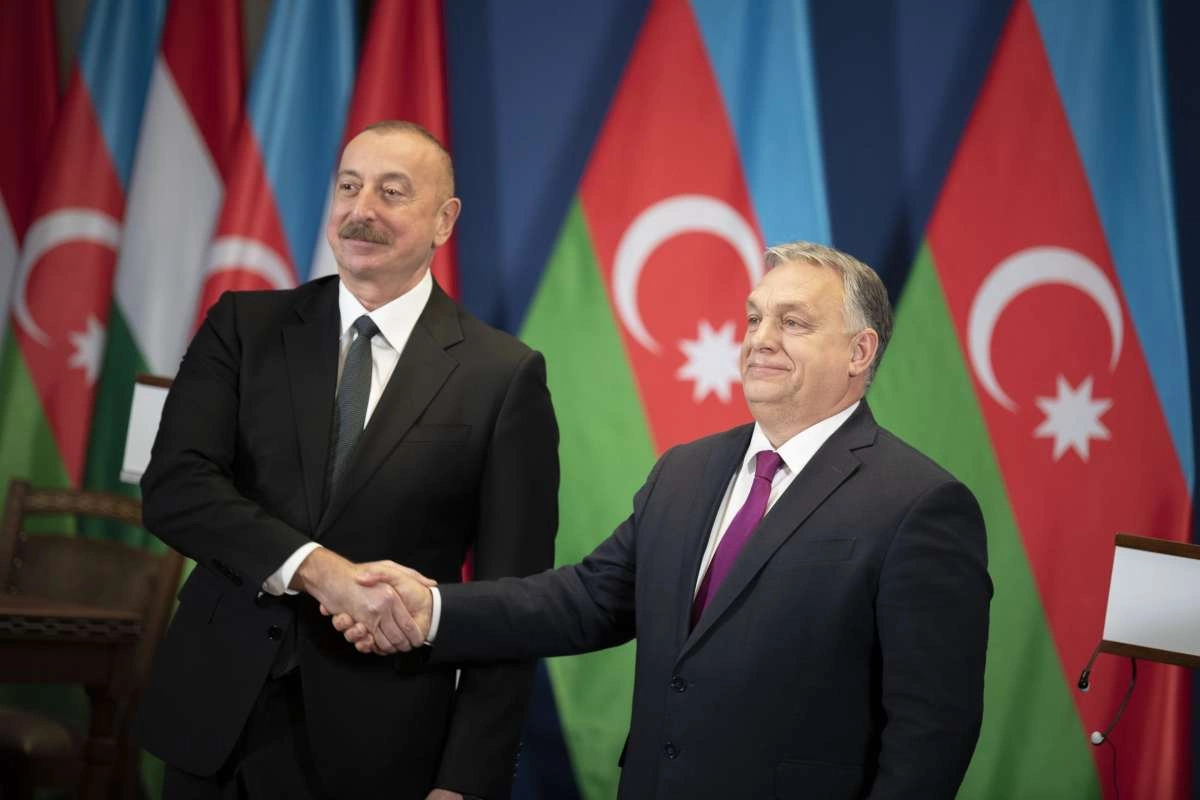
"Hungarian-Azerbaijani relations are at their highest point, characterized by a genuine strategic partnership built on mutual trust and respect. This strong partnership has driven significant growth in Hungarian trade and investment in Azerbaijan and fostered flourishing cultural, educational, and scientific ties."
Photo: hungarytoday.hu
The relationship between Hungary and Azerbaijan has grown into a strategic partnership based on mutual respect and cooperation. As Hungary continues to diversify its foreign policy and strengthen ties with Turkic nations, its role in the region has become increasingly significant. To explore the dynamics of Hungarian-Azerbaijani relations, Hungary’s stance on regional and global issues, and the country’s aspirations within the Organization of Turkic States, The Caspian Post spoke with Dr. Laszlo Vasa, Chief Advisor and Senior Researcher at the Hungarian Institute of International Affairs.
In this exclusive interview, Dr. Vasa shares his insights on Hungary’s foreign policy priorities, its position on the Russian-Ukrainian conflict, and the potential for deeper engagement with Azerbaijan and the broader Turkic world.
- How would you assess the current state of Hungarian-Azerbaijani relations?
- Hungarian-Azerbaijani relations are at their highest point, characterized by a genuine strategic partnership built on mutual trust and respect. Hungary has consistently supported Azerbaijan, even during periods when the EU and other Western nations were critical of its policies. This strong partnership has driven significant growth in Hungarian trade and investment in Azerbaijan and fostered flourishing cultural, educational, and scientific ties. Major joint projects, such as the underwater power cable and gas deliveries, further underscore the strength of this relationship.
- How well is Azerbaijan known within Hungarian society?
- Azerbaijan is still relatively unfamiliar to the broader Hungarian public. When mentioned in the media, coverage often reflects Western narratives, particularly in opposition-aligned outlets. However, government-aligned media presents a more objective portrayal of Azerbaijan. The Azerbaijani Embassy in Hungary plays a vital role in bridging this gap, organizing business forums, cultural events, and educational exchanges that foster people-to-people connections. Additionally, cooperation between economic and foreign policy think tanks adds a unique dimension to bilateral relations.
- Since 2018, Hungary has been an observer in the Organization of Turkic States (OTS). What are the prospects for Hungary’s full membership, and what mutual benefits could arise?
- Although Hungary is currently an observer member of the OTS, its involvement is as active as that of a full member. This reflects Hungary’s shared historical ties and fraternal relations with Turkic nations. Furthermore, this participation aligns with Hungary’s multivectoral foreign policy, aimed at diversifying international partnerships to reduce reliance on the EU and Western nations. Full membership could deepen collaboration across cultural, economic, and political spheres, enhancing Hungary’s engagement with the Turkic world.
- How would you characterize the pressure from European institutions on Azerbaijan, particularly in the context of COP29?
- Some Western countries have exhibited a biased approach toward Azerbaijan, including during preparations for COP29. This behavior appears to stem from a desire to maintain regional tensions. While COP29 initiatives stand to benefit both Azerbaijan and Armenia, certain actors continue to hinder peace processes and regional development. These actions are counterproductive and undermine efforts to achieve sustainable prosperity in the South Caucasus.
- What is the prevailing sentiment in Hungary regarding the Russian-Ukrainian conflict?
- Hungary, as Ukraine’s neighbor and home to a significant Hungarian minority in Ukraine, faces a unique and sensitive situation. Budapest prioritizes an immediate ceasefire and the commencement of peace talks between Russia and Ukraine. Prime Minister Viktor Orbán has taken a proactive role in advocating for peace, engaging in dialogue with Ukrainian, Russian, Chinese, and U.S. leaders, as well as with Pope Francis. These efforts underscore Hungary’s commitment to a diplomatic resolution to the conflict.
Share on social media
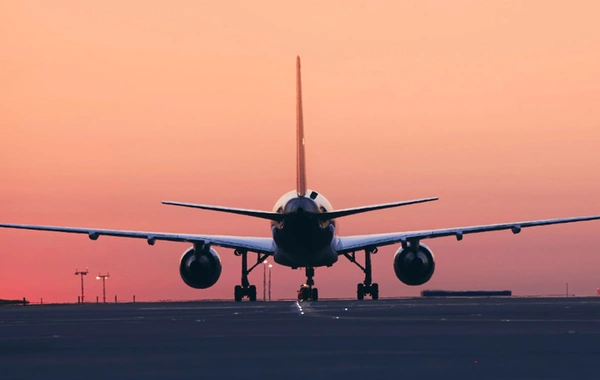
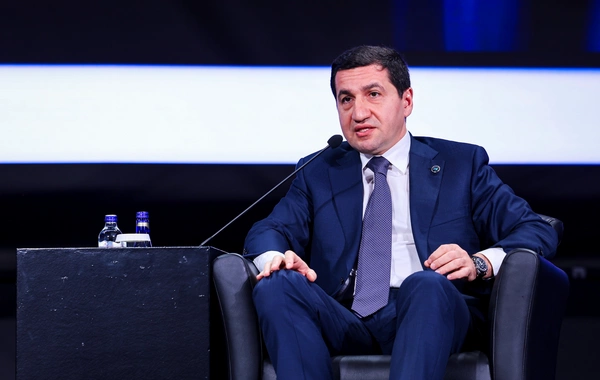
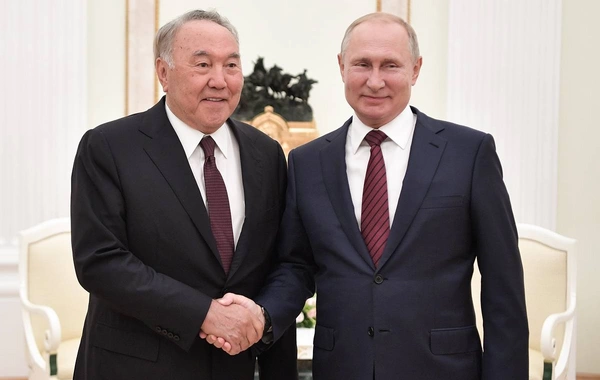

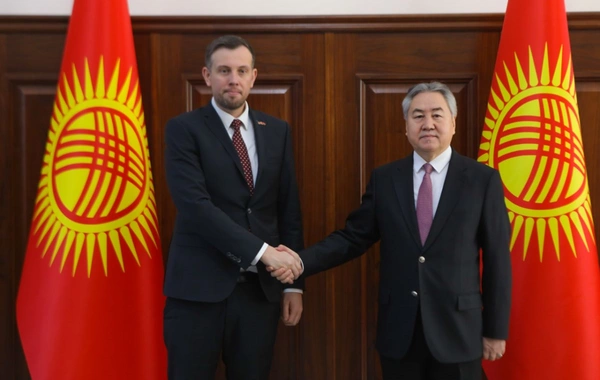
"Hungarian-Azerbaijani relations are at their highest point, characterized by a genuine strategic partnership built on mutual trust and respect. This strong partnership has driven significant growth in Hungarian trade and investment in Azerbaijan and fostered flourishing cultural, educational, and scientific ties."